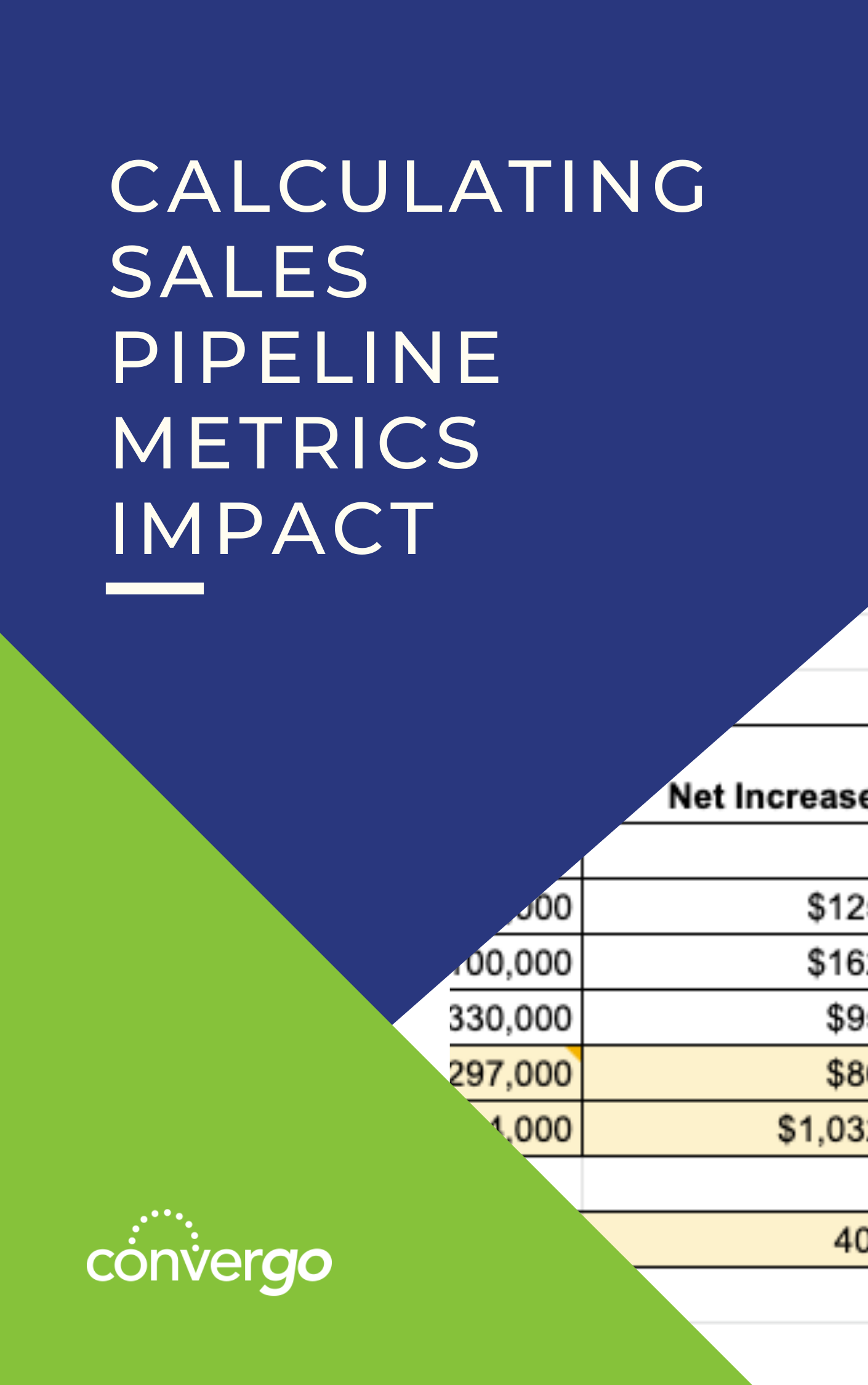When we sit down with our prospects for a first initial meeting, we often discover that they don’t have a defined sales process or experience that they are guiding prospects and clients through. This can be challenging for a couple reasons:
- It’s difficult for managers to keep their team accountable to a loose process.
- It’s impossible to accurately predict what’s coming down your pipeline.
When clients come to us with an unclear and loose process, we jump at the chance to help.
The clearest way to describe the problem (and then to solve it) is that there are no defined gates between the stages, so nobody understands what it takes to move and motivate your prospect to move from one step to the next in the client experience.
What could happen if we don’t have formal “gates”?
A few things could happen if you don’t have formal gates between your pipeline stages. All of these make for an inefficient and unproductive team. Sales reps sometimes tend to skip over vital beginning steps, like a proposal based on an assessment or qualification. Without these important foundational steps, everything in the Client Experience becomes useless. We need to start early with some tangible gates.
“If you don’t hit the gate, you don’t get points for the gate.”
In the Olympics, kayakers and canoers alike must go through their gates before scoring any points for that run.
In your sales pipeline, if you didn’t go through the clear “gates”, you might be way down the course in handing a prospect a proposal that’s based off of nothing because you didn’t have relevant or meaningful gates earlier in your client experience.
- If you didn’t hit the gate to get into the previous stage of your experience which may be doing an evaluation of the prospect’s needs. In this stage you’d be defining their business problem and asking the prospect to validate and agree on it. If you skip that gate, the proposal you crate for them won’t be relevant to them. It won’t actually be helpful in solving their problems because you never took the time to figure out what their problem is.
- You’ll get into the next stage, and it’s not going to go anywhere. Because the proposal isn’t based off a business problem you can help them solve, you haven’t given them any motivation to sign the proposal and to actually do business with you.
- Until we understand a motive to move and we’ve defined a gate to the next stage, the pipeline is meaningless.
What does a good gate look like?
Firstly, they can’t be subjective. It’s best to have gates that require some sort of commitment, whether it be verbal or written from the client. It takes out all the guesswork in evaluating your pipeline and the commitment that your prospect has to keep working with you.
Examples of good gates
Let’s look at Convergo as an example.
Early on in our Ideal Client Experience — the Attract Stage — we’re attempting to get to know new contacts and leads. To do that we leverage a referral network and inbound marketing strategies to meet new people and get them into our CRM. Before somebody can leave the Attract phase and enter into the Engage Stage, they also need to be qualified. Your lead is lined up against some critical attributes related to your ideal client and Prospect Profile.
At Convergo, for example, one of our critical attributes — our Ideal Client Profile — to qualify a contact is that we work with companies that use the entrepreneurs operating system or a similar system. So if a lead comes in and they don’t meet that criteria, guess what, that person is not hitting the gate to the next stage and they can’t move forward in our pipeline. If they have met the criteria of our Ideal Client Profile, they’ve now clearly gone through the gate to the Engage Stage.
The gate to exit the Engage Stage and move to the Explore Stage is that an Explore Meeting is scheduled with the prospect’s leadership team.
To move from the Explore Stage to the Plan Stage, the prospect needs to sign a statement of work to do either an in person or virtual workshop with your team.
To move from the Plan Stage to the Grow Stage, the client needs to again sign a statement of work for an ongoing engagement with us.
Benefits of Having a Clear Client Experience with Defined Gates
Peace of Mind
Peace of mind is a huge benefit. When the pipeline is factual with clear gates, it provides a more consistent, accurate and predictable data and pipeline. If sales managers or executives look down the pipeline without organization, it would be difficult to predict its accuracy.
We want to be able to rely on accurate metric data and information. Metrics and data don’t lie.
Ability to Automate Appropriate Messaging
This whole process also allows for clear and concise messaging. It is important to keep clients in the loop when they are going through the Client Experience, answering their questions and providing content that shows you understand what their problems are and how you can solve them. This messaging is how Convergo gets our clients through the gates as efficiently as possible.
Simpler Management
It makes it much easier to manage a team of salespeople if you have a repeatable consistent process. If you’re measuring your pipeline and you can trust your data, then you can begin to improve on the metrics and things are going to change for the better.
It provides a basis for that sales manager to not only to have an understanding at a macro level what business is going to come in next month, in three months, in six months, but also the ability to manage each individual rep much more effectively because each individual rep will have their own metrics that will that will provide a basis for sales management and coaching.
Overall it is important to have clear gates to help your prospects move through your client experience/pipeline and so those in leadership positions can more effectively manage the business.
Need help calculating the impact of your sales pipeline metrics? Download the worksheet, Calculating Sales Pipeline Metrics Impact.





